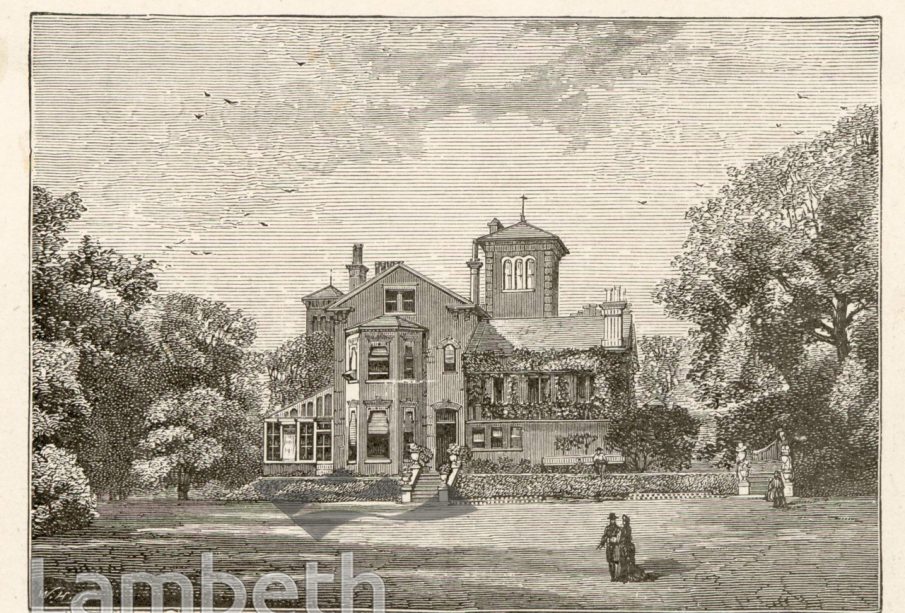The Legacy and Impact of Spurgeon’s College

Introduction
Spurgeon’s College, established in 1856 in London, holds a significant place in the landscape of theological education in the United Kingdom. Named after the renowned preacher Charles Haddon Spurgeon, the college has played a pivotal role in training ministers and leaders in the Baptist tradition. Its long-standing commitment to practical theology and pastoral training continues to resonate with students and churches alike.
Historical Background
Founded as the Pastors’ College by Charles Haddon Spurgeon, the institution aimed to equip men for pastoral ministry in an era when the need for trained ministers was ever-growing. From its humble beginnings, the college swiftly expanded, reflecting Spurgeon’s own incredible influence on the Baptist community and beyond. In 1923, the college was renamed Spurgeon’s College and moved to its current location in South London, establishing itself as a premier institution for theological studies.
Educational Offerings
Spurgeon’s College provides a range of courses in theology, ministry, and church leadership. These programs are designed to prepare students for various roles within the church and Christian organisations. The college offers undergraduate degrees, postgraduate programmes, and diplomas, alongside part-time and distance learning options to cater to a diverse group of learners. Its focus on practical application alongside academic rigor sets Spurgeon’s apart from many other theological institutions.
Recent Developments
In recent years, Spurgeon’s College has undergone significant transformations to adapt to the changing landscape of theological education. In 2021, the college announced the introduction of new online learning modules to make theological education more accessible. This move responds to the increasing demand for flexible learning options, particularly in light of the changes brought about by the COVID-19 pandemic. Furthermore, the college has been engaging with contemporary issues, including social justice and community ministry, ensuring that students are prepared to meet the challenges of modern society.
Conclusion
As Spurgeon’s College continues to honour its historical roots while evolving to meet the needs of today’s church, it remains a cornerstone of theological education in the UK. The importance of the college extends beyond academic achievements; it influences the spiritual growth of countless individuals and communities. Looking forward, Spurgeon’s College aims to remain at the forefront of training leaders who are not only equipped for ministry but also passionate about effecting positive change in the world. Its ongoing commitment to students ensures that the legacy of Charles Spurgeon lives on, profoundly impacting future generations of ministers and believers.







